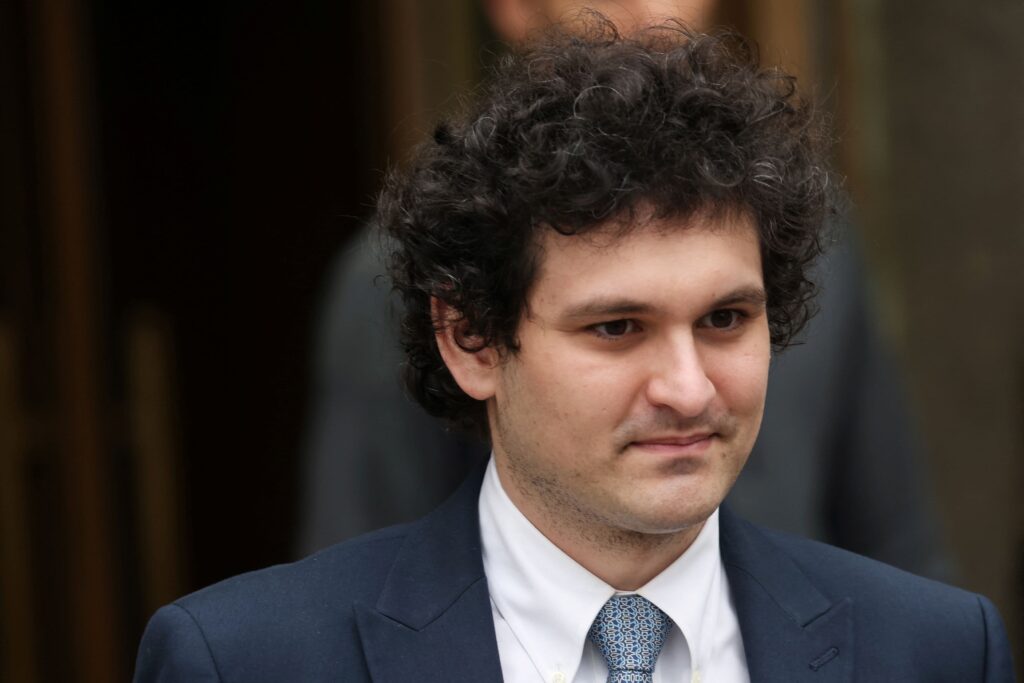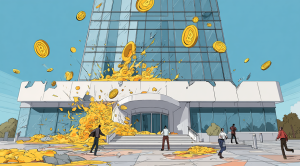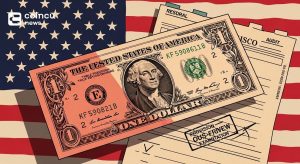Bankman-Fried Now Faces Jail With DOJ’s Allegations Over CEO’s Diary Leak
Key Points:
- Bankman-Fried faces detention request over CEO’s diary leak.
- DOJ alleges attempts to influence witnesses through media actions.
- New York Times objects to gag orders on FTX collapse reporting.
The U.S. Department of Justice (DOJ) continues to assert that FTX founder Sam Bankman-Fried should be “detained pending trial” due to his sharing of former Alameda Research CEO Caroline Ellison’s diary with the New York Times, CoinDesk reported.

In their latest filing, the DOJ emphasizes that Bankman-Fried’s defense does not deny the act, and they view it as an attempt to “corruptly influence witnesses.”
The ongoing legal battle between Bankman-Fried’s attorneys and the prosecutors centers around the extent of his actions and their implications.
The DOJ contends that Bankman-Fried went beyond a mere “fair comment” when sharing the diary, and they cite his use of a VPN to watch the Super Bowl and reaching out to FTX.US General Counsel Ryne Miller as additional evidence of his misconduct.
Bankman-Fried’s defense has argued that the government is mischaracterizing his actions, stating that he sought to defend his reputation in the press and did not initially contact Miller.
However, the DOJ maintains its position, suggesting that Bankman-Fried may have orchestrated media attention around Ellison ahead of her acting as a witness.
The filing also reveals that he had set up Signal groups to delete messages after a week, raising further concerns about potential evidence tampering.
Meanwhile, the New York Times has objected to gag orders imposed on Bankman-Fried, arguing that such restrictions must adhere to legal standards and protect the public’s First Amendment right to be informed about FTX’s collapse and alleged mismanagement.
The case, overseen by Judge Lewis Kaplan in the Southern District of New York, remains a subject of ongoing discussion, with the possibility of further hearings to address the filings.
The legal battle highlights the complexities and potential consequences surrounding the sharing of sensitive information and its impact on the judicial process.
Coincu will continue to update the situation related to FTX collapse, you can find out more information through this article.
DISCLAIMER: The information on this website is provided as general market commentary and does not constitute investment advice. We encourage you to do your own research before investing.






















